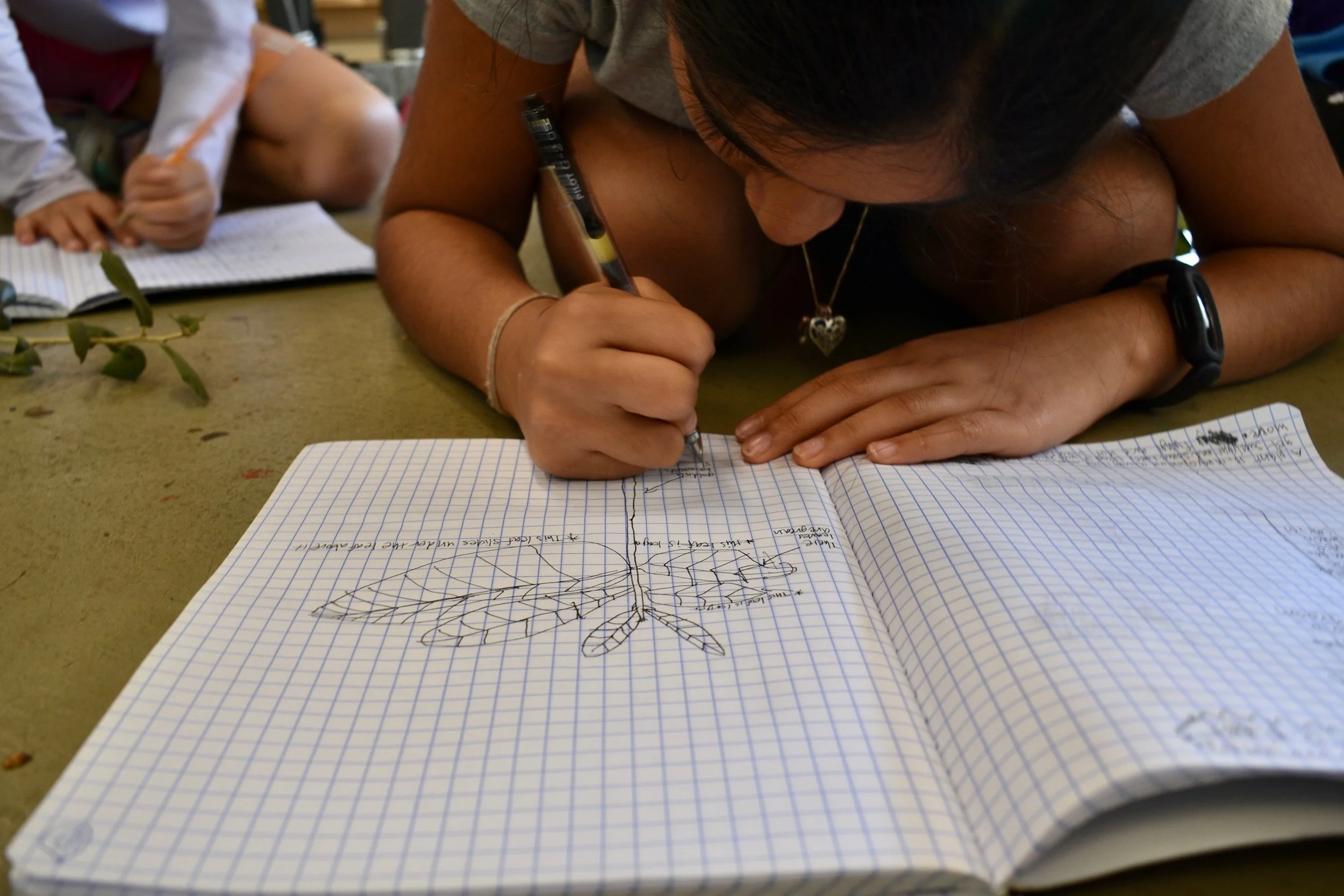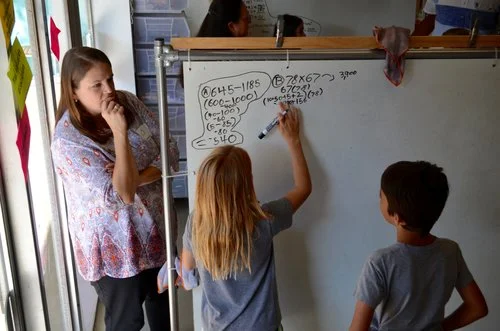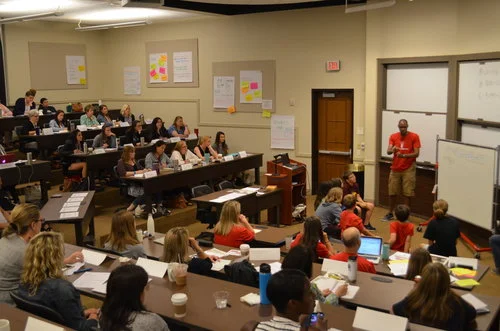One of the interesting things about Long-View Micro School is the financial model. Our financial model stands apart from the financial models of most independent schools in which tuition is set to cover about 90% of costs, and then funds are raised to manage the “gap.” In the typical independent school, dollars are raised from within the parent community through the annual fund and a gala or other social event. For the most part, it is expected that parents contribute to both of these events, and thus the true cost of attending the schools exceeds tuition. The annual fund and the gala occur during the fiscal year and thus there is significant pressure to raise funds from these events because the budget assumes these dollars will be procured. The dollars must come in lest the school end up in a difficult situation by Q3 or Q4.
At Long-View, we do not depend on fundraising to fund the gap between tuition and operating costs, and the gap is strategically tighter than in most schools….
Read More



